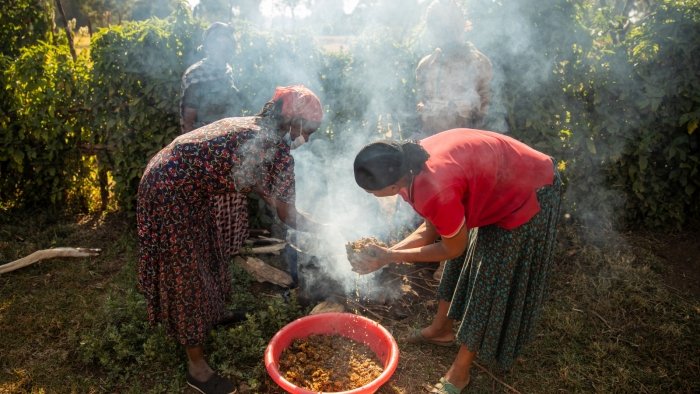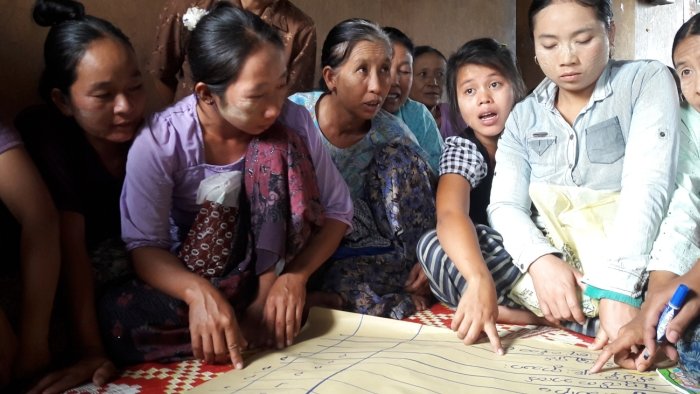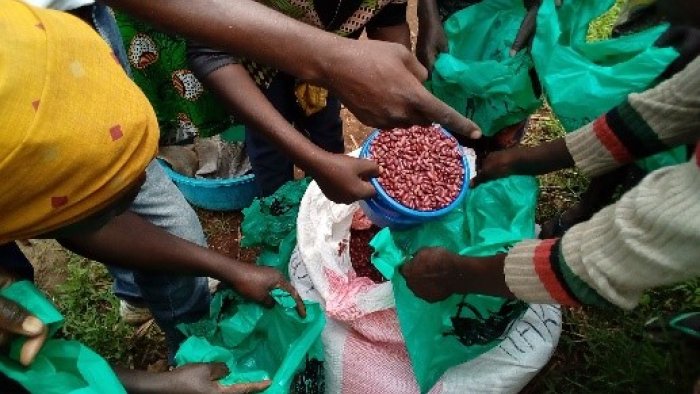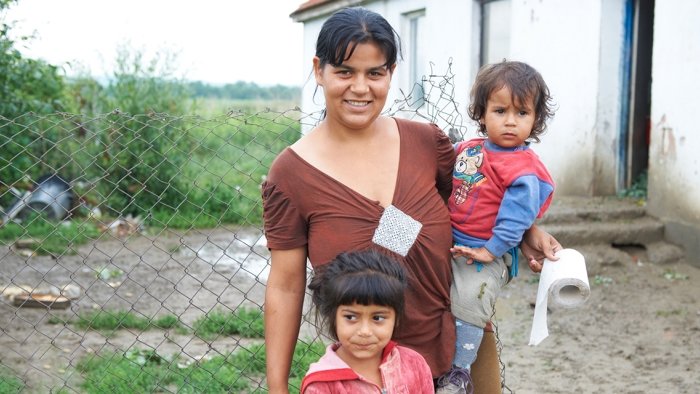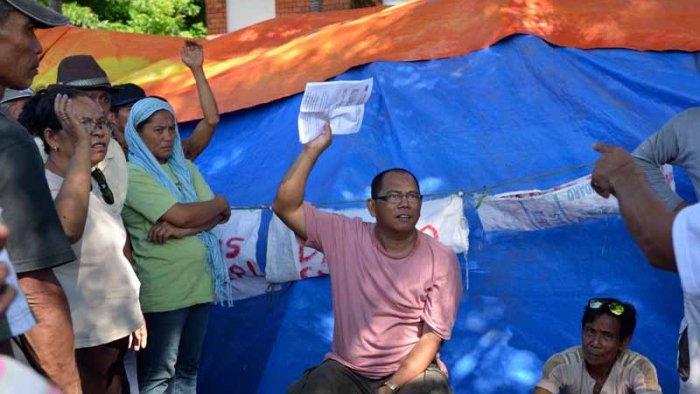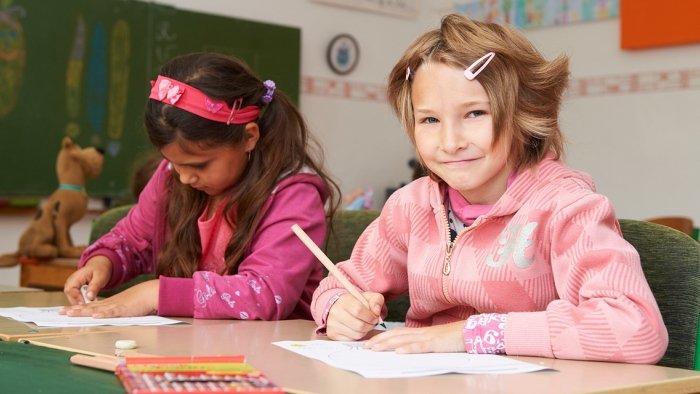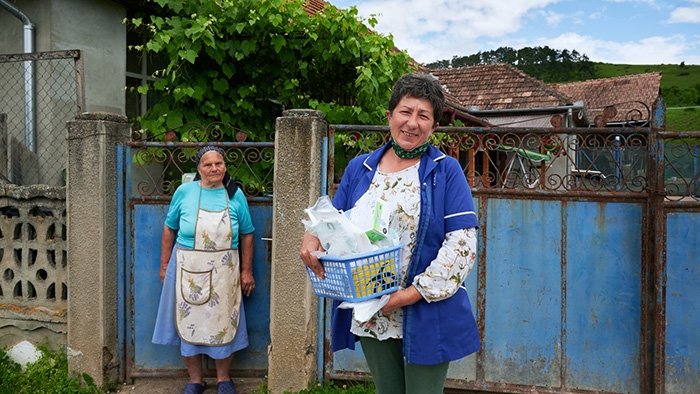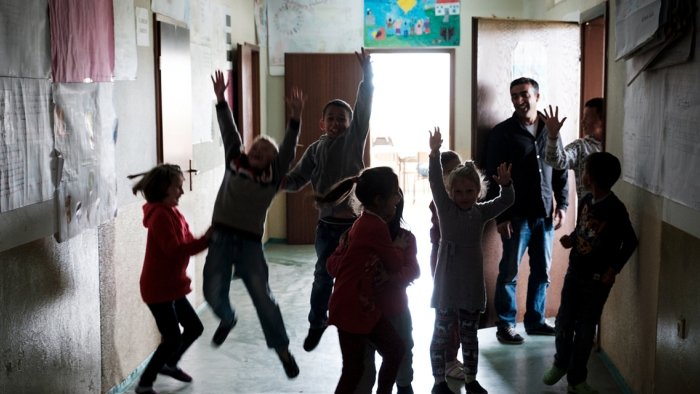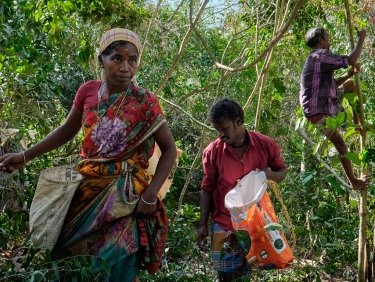

Inclusion worldwide
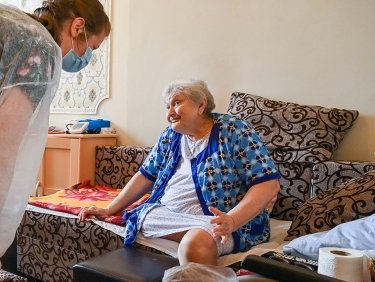
In the countries where HEKS/EPER operates, many people do not have fair access to state services, such as education, healthcare or infrastructure (such as power and water). HEKS/EPER supports disadvantaged groups with asserting their rights to these services and promotes constructive dialogue with the authorities to change unfair and discriminatory structures.
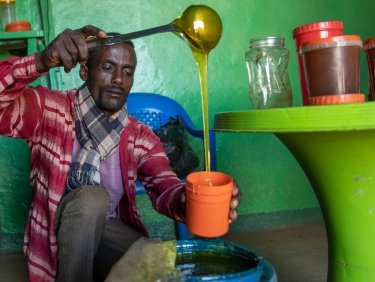
HEKS/EPER focuses heavily on improving the economic inclusion of population groups suffering discrimination. Disadvantaged people are given support and training to improve their skills. HEKS/EPER also aims to make existing market systems more inclusive so that marginalised groups can gain access to them and earn an income. It seeks dialogue with public and private sector employers and other market actors.
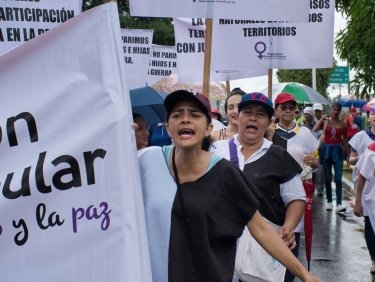
Civil and human rights are under threat in many places. People who fight for their own rights and those of others often risk negative repercussions, or even their lives. HEKS/EPER strengthens the position of human rights’ activists, promotes networking activities, provides protection for them and works with local partners to ensure civil society – including marginalised groups – is involved in relevant decision-making processes.
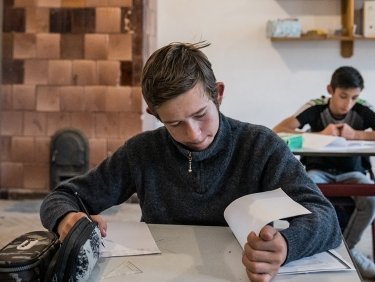
Discrimination does not just disadvantage those directly affected, it also harms society as a whole. HEKS/EPER raises awareness amongst the privileged strata of society about prevailing negative prejudices and discriminatory structures and promotes dialogue between various interest groups. HEKS/EPER helps economic and state actors to initiate positive inclusive changes and to break down institutional discrimination.
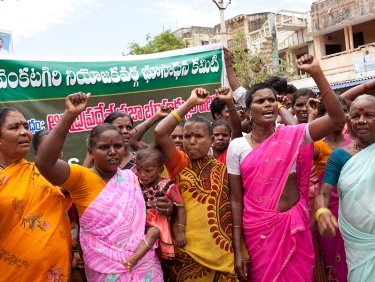
To increase the impact of its programme work, HEKS/EPER carries out political activities aimed at achieving systematic change towards an inclusive society. This includes public relations and awareness-raising activities to ensure the issues facing groups who are discriminated against are heard, exerting influence over legislative processes and cooperation as part of alliances to achieve political goals and to give civil society a greater voice.

